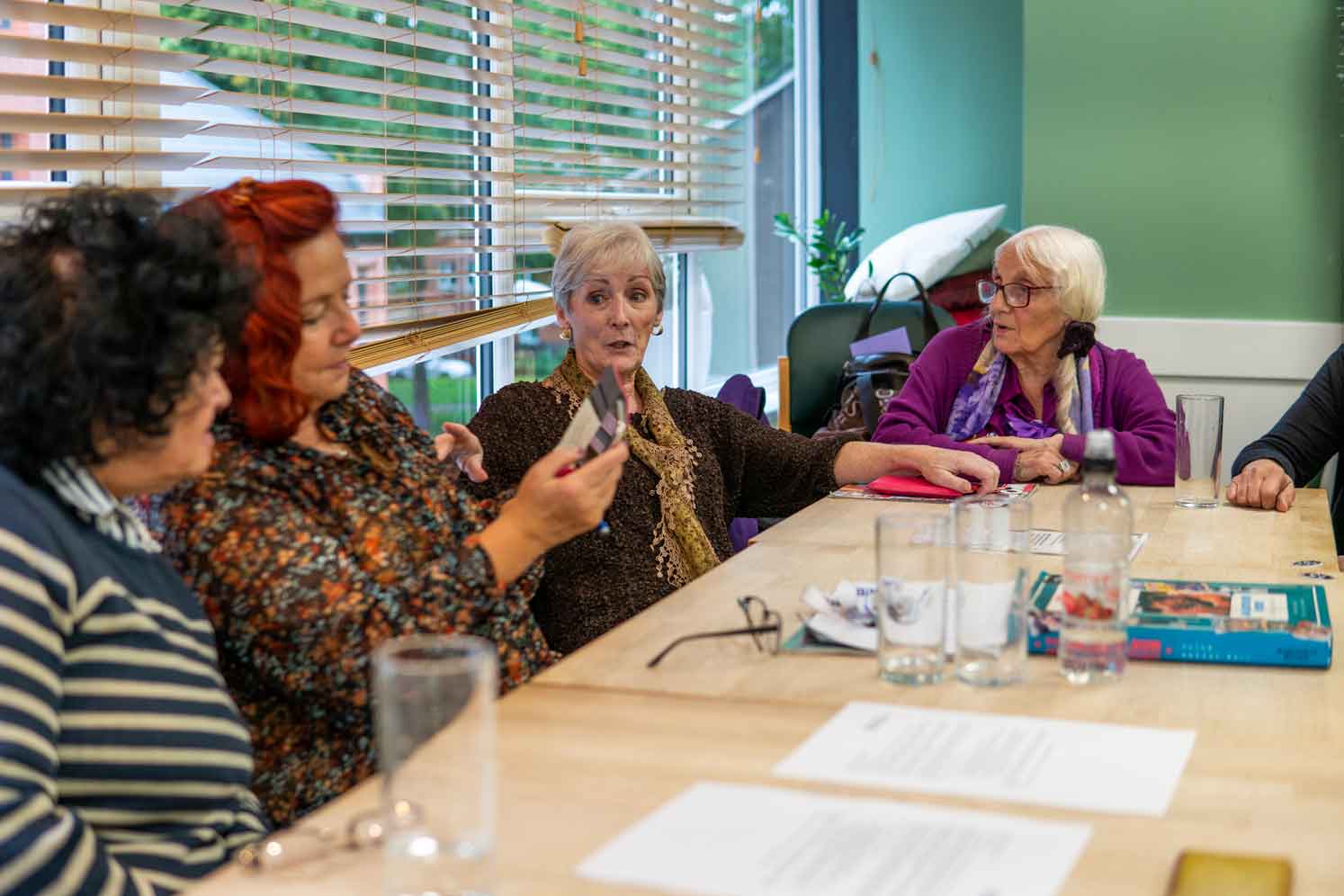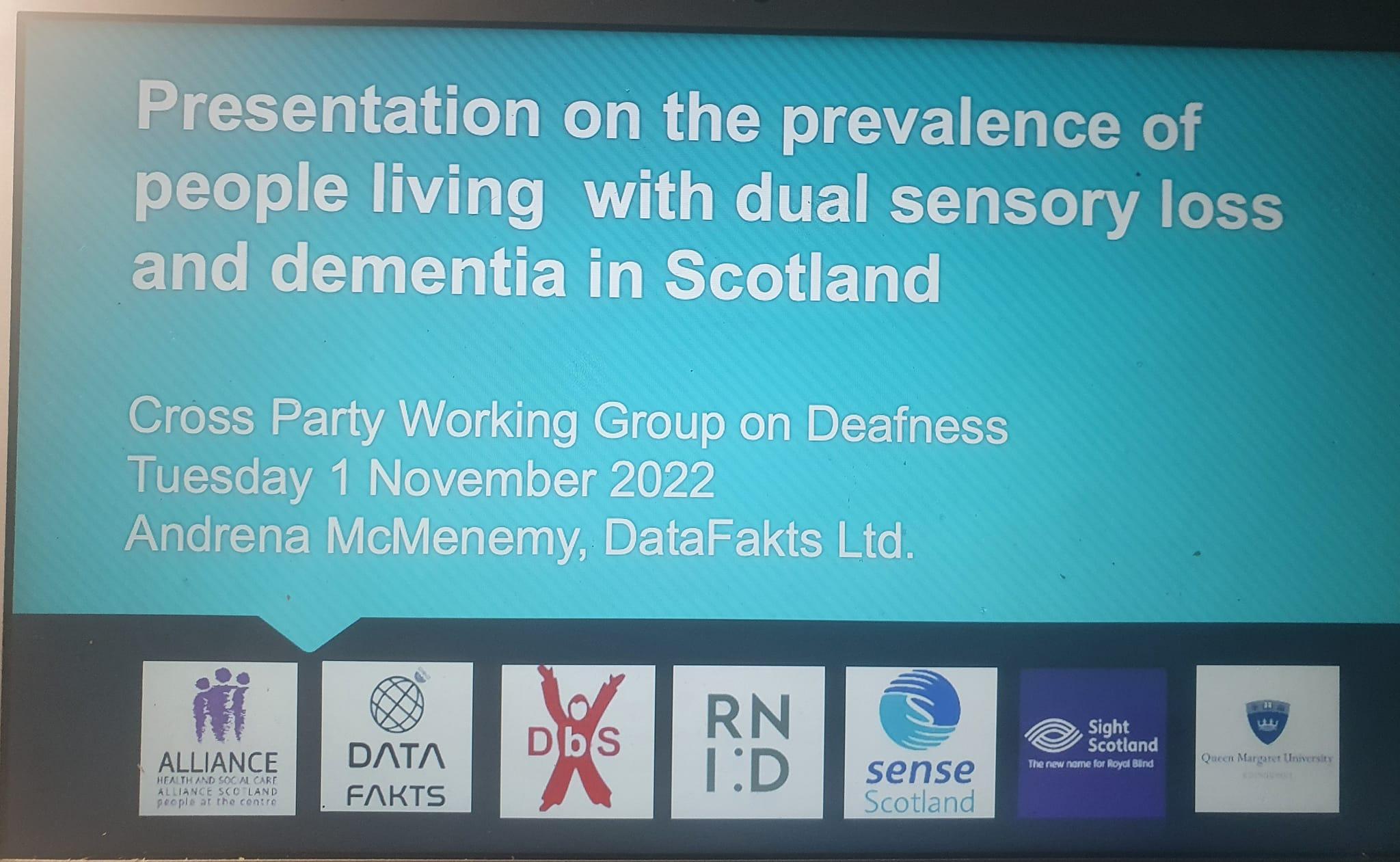Exploring the use of public libraries as Meeting Centres for people living with sensory loss and dementia
Published by Blog Editor on
Exploring the use of public libraries as Meeting Centres for people living with sensory loss and dementia
In public libraries in Scotland, I (Andrena McMenemy) first became aware of the Meeting Centre model when I was involved in research for deafscotland on the prevalence of hearing loss and dementia. The Meeting Centre model has its roots in the Netherlands and and is based on a sound evidence base. The function of the Centres is to provide individuals and their Carers with the tools that help cope well in adjusting to living with the symptoms of dementia. For the last few months, I have been working with stakeholders on an idea involving using public libraries as potential Meeting Centre venues for those with sensory loss and dementia.

Recent research has highlighted the inter play between sensory loss and dementia: it can be more difficult to live with dementia when you have sensory loss, and, equally, it can be more difficult to cope with sensory loss when you have dementia. It is only possible to understand the difficulties people living with dual sensory loss and dementia and their unpaid Carers face by considering things from their perspective. Quite simply, how can their needs be provided for if their needs are not known?
There is strong evidence that bringing people together in their local community helps to build resilience in coping with dementia. Meeting Centres provide on-going regular support that is at a small enough scale for people not to feel overwhelmed.
As libraries are situated in the heart of the community and provide people with dementia places of familiarity, safety, and trust, their use as a Meeting Centre venue is striking. Libraries have the potential to provide spaces where people are valued, respected, and empowered to be an active part on their community and continue to do the things that are important to them.
The initial idea is that, working alongside the ethos of ‘Dementia Friendly Libraries’ Focus Groups of those with lived experience of sensory loss and dementia will be set up. The plan is to work within the framework of the Meeting Centre model and take on board as many of its values and structure as possible, but, initially, this project would be aimed at gaining enough information from people living with sensory loss and dementia and their Carers to discuss what is needed for a meeting centre to be functional.
The exploration of this idea continues to be both fascinating and inspiring and has involved very favourable discussions with colleagues across academia, the Third Sector, and the library sector.

My next step is to ‘put meat on the bones’ of the idea by carrying out a feasibility study.
If you are interested in this topic please contact us, we would love to hear from you by dropping us a message at andrena.mcmenemy@datafakts.com.


